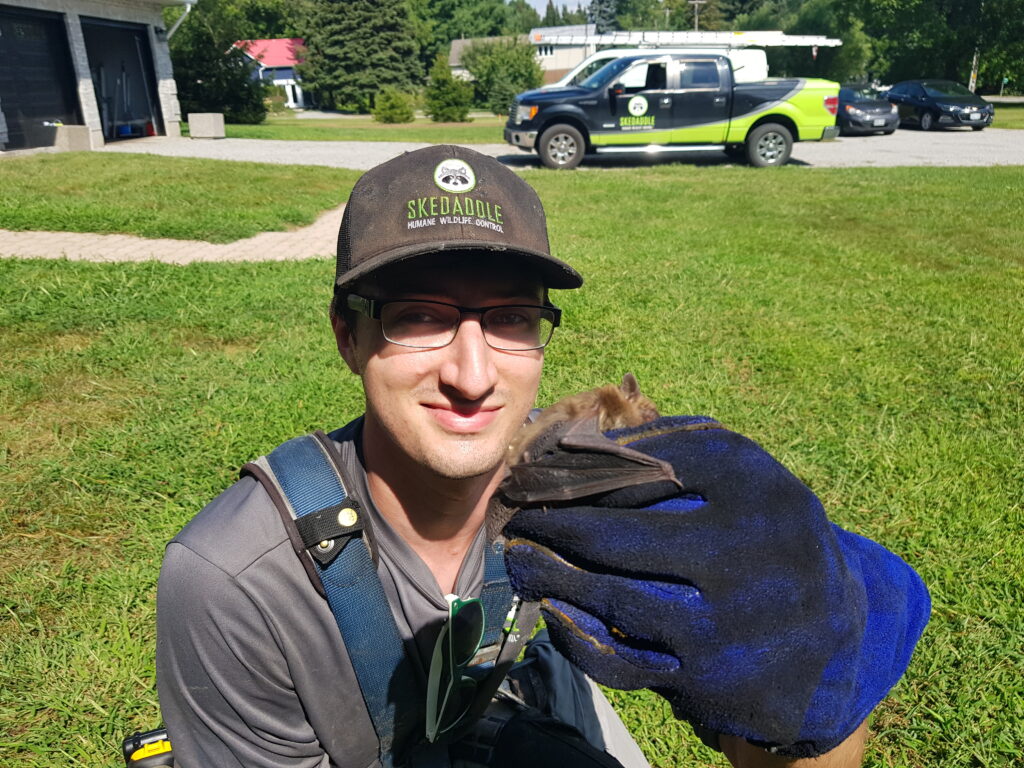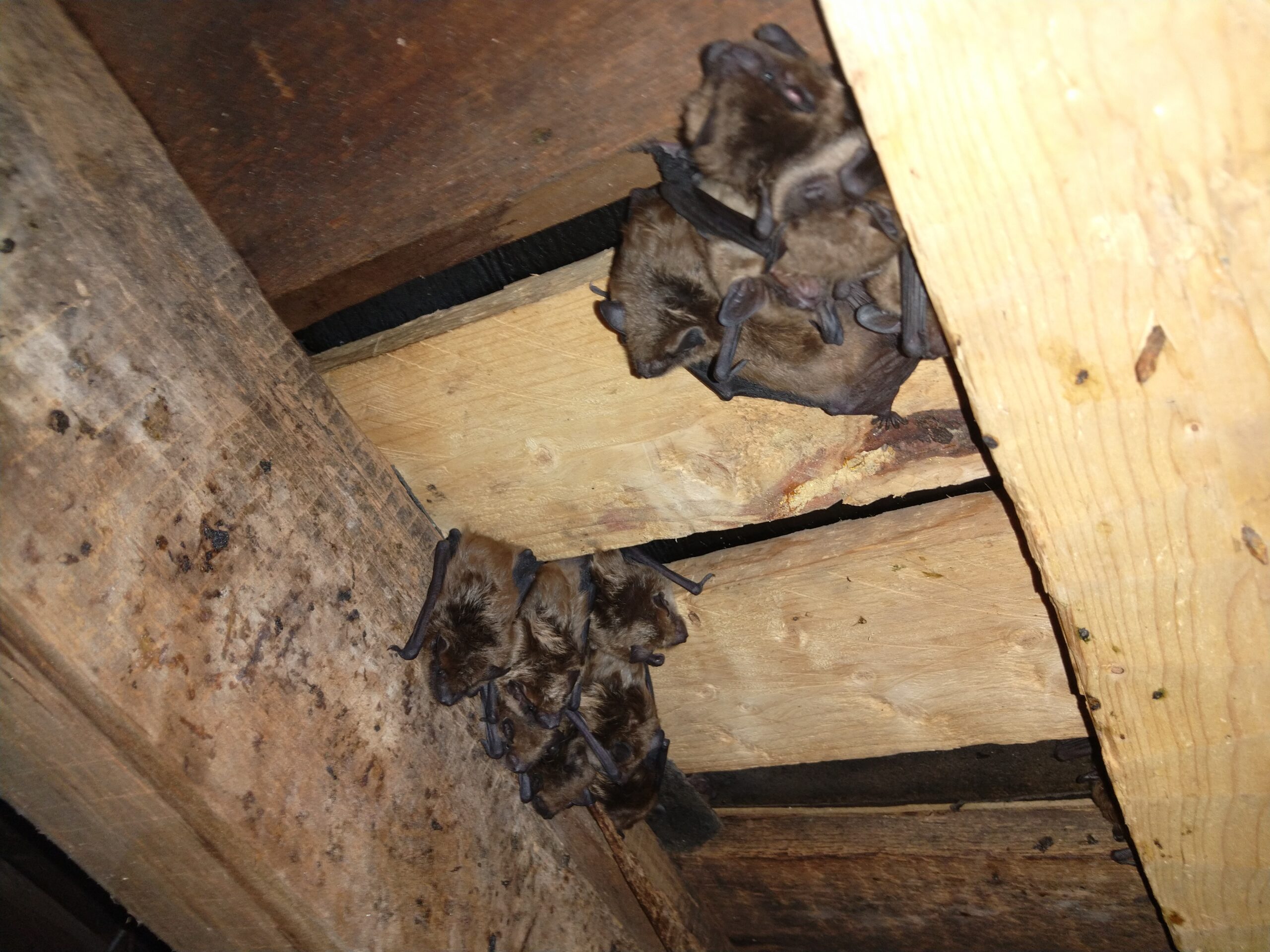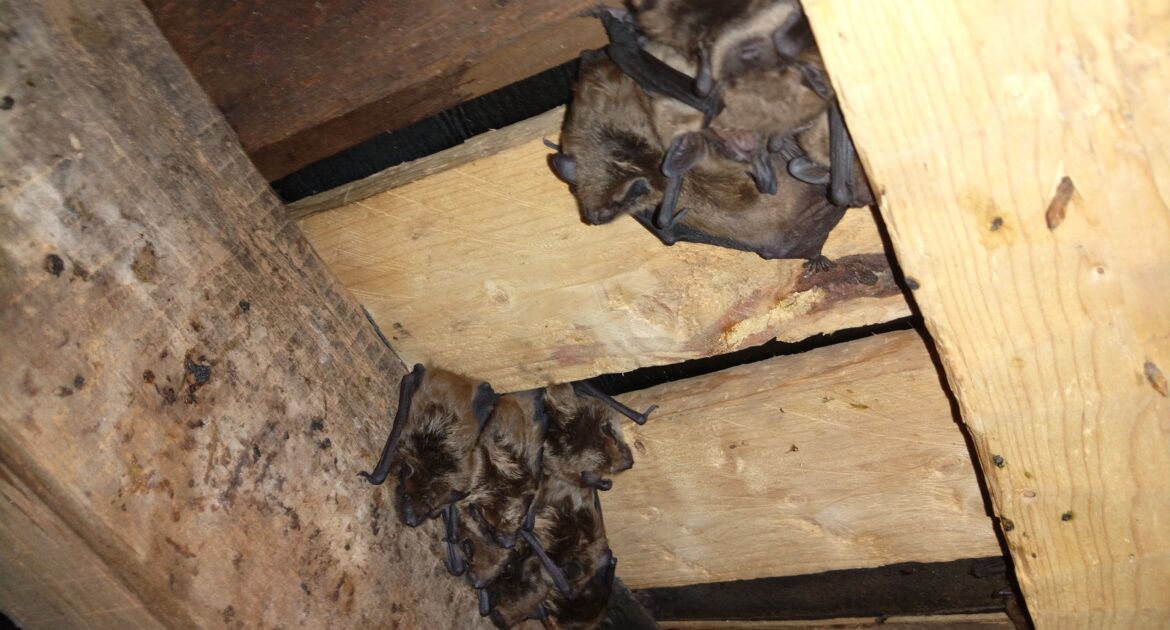Bats are beneficial contributors to the world around us and, somewhat surprisingly, to humankind. While it is true that bats have had less than a pleasant depiction in recent years, it is essential to remember that when left to their own devices, bats do crucial work that improves sustainability and the quality of life for humans. Learn more about why protecting bats matters now more than ever and who advocates for humane wildlife removal in Vaughan.
Free Pest Control Services
Since bats are sometimes labelled as a danger to humans, it is important to note that they do quite a service to humans in their natural habitat undisturbed. Bats do humans the biggest personal favor by operating as free pest control services. Not every bat lives on bugs alone, but many bats do, and that’s great news for people.
Free Labor and Pesticide Free
Farmers often install bat houses to entice bats to come and work their land for free to help with pest control. The use of bats as free labour is cost-efficient, but it saves the soil and any food for human or animal consumption from dangerous pesticides.
Free Services and DEET Free
Bats also love to eat mosquitoes, and they have specialized echolocation hearing that makes the high-pitched buzzing of a mosquito irresistible to bats. Many people complain about mosquito infestations all summer and fall long. Investing in a bat house is a better plan than cans of chemical sprays, or costly lawn spray services can also harm bees, butterflies, birds, and pets – not just mosquitoes. Bats, on the other hand, understand the assignment.
Smart Research Fellows
Bats are also used in complex research. Primarily, they are studied to determine the overall health of an environment. Bats are so diverse in their species that their eating habits can provide information about the general biodiversity of an entire area. Additionally, the saliva and DNA of bats have been studied to learn how similarities and differences with humans could help with life-threatening conditions and illnesses, such as stroke and malaria.

Reforesting by Way of Fruit Bats
Fruit bats are also reforestors. They eat the fruit and seeds to satiate their hunger and then fly off to their next meal. They replant those same seeds by leaving their droppings in a different place. This method of reforestation and replanting is called seed dispersal, and it is a critical way to help plants grow more robust and with more light away from their parent plant. When plants germinate, they develop a new crop of trees that helps with foresting a different area.
Nectar-Eating Pollinators for Hire
Lawn spray services are not ideal because they often contain harmful chemicals that alter, harm, or kill other creatures than just the target intended. If someone in your neighbourhood or area has made a grave mistake before you could educate them, turn back to the bats and rely on them to do the heavy lifting on pollinating for the area. Installing several bat houses might help them feel safe enough to return to the site with friends to help.
Unlike the way humans rely on bug-eating bats for pest control, nectar-eating bats do pollinating work. When nectar-eating bats, like the long-tongued and long-nosed bats, feed on the sweet nectar of plant flowers, they inadvertently spread pollen from snack to snack. It is estimated that nectar-eating bats are responsible for pollinating over 700 unique plants. Talk about a snack attack!
Protect the Bats
If you suspect that bats may be trying to share a living space with you, it is critical to call bat control professionals. Humanely relocating bats ensures they can continue to do their essential work; never attempt the removal process on your own for best results. Contact Skedaddle Humane Wildlife Control for wildlife removal in Vaughan.




